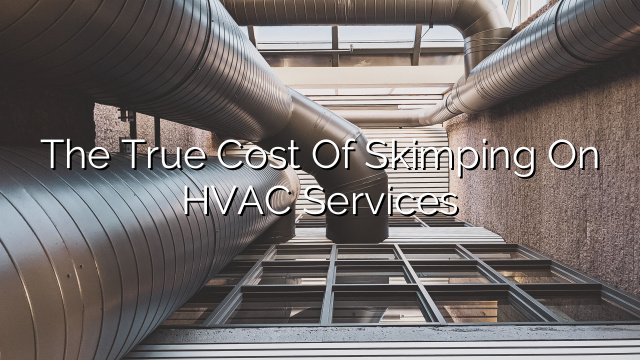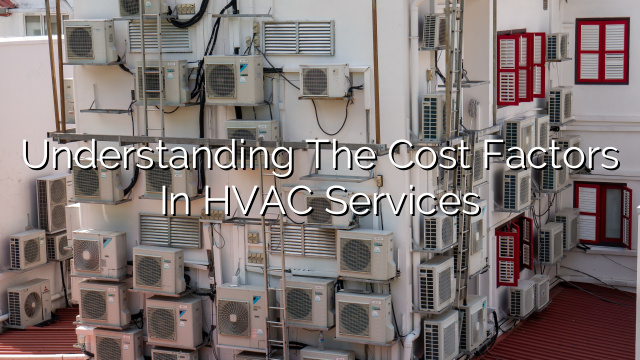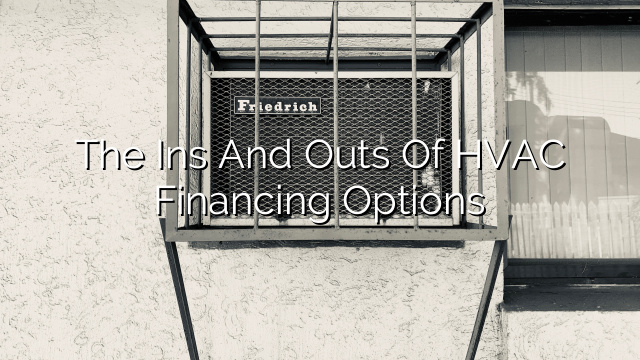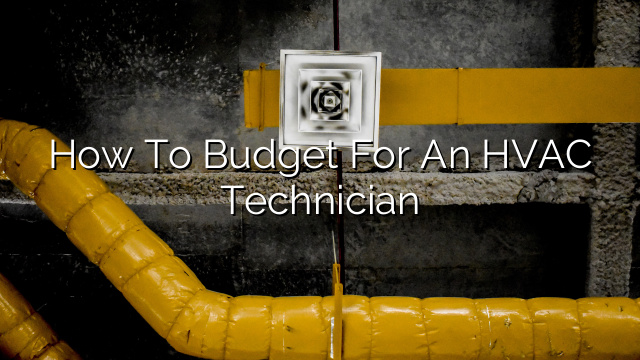Navigating HVAC Expenses: Budget-Friendly Hiring and Financing Options
For many homeowners, the thought of replacing or repairing an HVAC system can send shivers down their spines, not just for the potential discomfort of a too hot or too cold home, but for the costs associated with these services. Understanding how to navigate HVAC expenses, hire the right professionals, and finance the project can ease the financial burden. This detailed guide will provide you with actionable tips and insights to manage HVAC costs without breaking the bank.
Understanding HVAC Expenses
Before we dive into how to save money, let’s first look at what contributes to the costs. HVAC systems comprise various components, including the furnace, air conditioner, ductwork, and thermostats. The expenses can be broken down into:
- Equipment Costs: The price of the HVAC unit itself.
- Labor Costs: The amount charged by technicians for installation or repair.
- Additional Materials: Any extra materials needed for installation or repair.
- Energy Efficiency: Higher efficiency units often cost more upfront but can lead to savings in the long run.
- Maintenance Plans: Regular maintenance can prevent expensive repairs and increase system longevity.
Budget-Friendly Hiring of HVAC Professionals
Finding the right balance between affordability and quality is key when hiring HVAC professionals. Consider these steps for budget-friendly hiring:
- Research and Compare: Start by doing online research. Look for HVAC companies with good reviews, proper certifications, and a solid track record. Get at least three quotes to compare prices and services.
- Check for Rebates and Special Offers: Sometimes manufacturers offer rebates for specific models, or HVAC companies have seasonal promotions. Taking advantage of these can significantly reduce costs.
- Verify Licensing and Insurance: Always ensure the technicians are licensed and insured. This guards against subpar work that could lead to more expenses down the road.
- Ask for Referrals: Reach out to friends, family, or neighbors for referrals. Trusted recommendations can lead you to quality professionals who offer reasonable rates.
- Negotiate: Don’t be afraid to negotiate the price. Some companies may be willing to match lower quotes from their competitors or offer a discount for multiple services.
- Consider Off-Season Hiring: Prices for HVAC work can vary by season. Consider scheduling non-emergency jobs during off-peak times when demand is lower and companies may offer better rates.
Financing Options for HVAC Projects
When savings are not enough to cover the total cost of an HVAC installation or major repair, financing options come into play. Let’s explore some common strategies:
- Personal Loans: Applying for a personal loan can provide the funds needed with the flexibility of installment payments over time. Be sure to shop around for the best interest rates and terms.
- Home Equity Lines of Credit (HELOC): Using your home’s equity can get you a credit line to pay for your HVAC system. Typically, HELOCs have lower interest rates than personal loans or credit cards.
- Credit Cards: For smaller repairs or if you can pay off the balance quickly, credit cards might be an option. Look for cards with zero interest promotions or rewards programs.
- Manufacturer Financing: Some HVAC manufacturers offer financing options directly or through partner lenders with promotional terms like deferred interest if paid in full within a specific period.
- Energy Efficient Loans: If you are upgrading to a more energy-efficient system, you might qualify for a green energy loan, which often comes with favorable terms due to the environmental benefits.
- Government Programs: Check for local or federal government programs that offer financial assistance for energy-saving home improvements.
Regardless of the chosen financing route, it’s important to compare all options carefully and assess the impact of additional debt on your financial health.
Maximizing Long-Term Savings
Beyond financing, consider how to save money over the life of your HVAC system:
- Regular Maintenance: Keeping your HVAC system well-maintained ensures it runs efficiently, which can save you money on energy bills. It also helps avoid costly repairs.
- Energy-Efficient Upgrades: Opting for energy-efficient models may come with a higher upfront cost but will repay you in the form of lower utility bills over time.
- Programmable Thermostats: Installing a programmable thermostat can optimize heating and cooling schedules, leading to additional energy savings.
- Proper Insulation: Ensuring your home is well-insulated and sealed can reduce the workload on your HVAC system, resulting in lower energy consumption.
- DIY Maintenance: Simple tasks like changing filters and cleaning vents can be done without professional help, saving you service fees.
Frequently Asked Questions (FAQ)
How Can I Tell if My HVAC System Needs Replacement or Repair?
Lifespan: Most HVAC systems last 15-20 years. If yours is within this age range and having frequent issues, replacement might be more cost-effective.
Cost of Repairs: When repair costs are approaching 50% of the value of your system, it’s often better to invest in a new unit.
Energy Bills: A significant increase in energy bills can indicate that your system is losing efficiency and might need replacement.
Are There Energy-Efficient Tax Credits Available?
Yes, there are federal tax credits available for certain energy-efficient HVAC systems. Check the ENERGY STAR website for the latest information on tax credits and rebates.
Can I Install an HVAC System Myself?
While it might be tempting to install an HVAC system yourself to cut costs, professional installation is highly recommended. Improper installation can lead to less efficient operation, increased wear and tear, and even safety hazards. Hiring a licensed and experienced HVAC technician is often worth the investment.
How Long Do HVAC Systems Usually Last?
Typically, HVAC systems last between 15-20 years, depending on the quality of the unit, installation, and maintenance routine.
Is Financing HVAC Work Risky?
Financing HVAC work carries similar risks to financing any large purchase. It’s important to understand the terms of the loan, the interest rate, and the repayment schedule to ensure it fits within your budget. Missing payments could affect your credit score or result in additional fees.
Investing in your HVAC system doesn’t have to be a financial strain. By hiring the right professionals, taking advantage of financing options, and maximizing long-term savings through energy efficiency and maintenance, you can keep your home comfortable and your finances in check.









